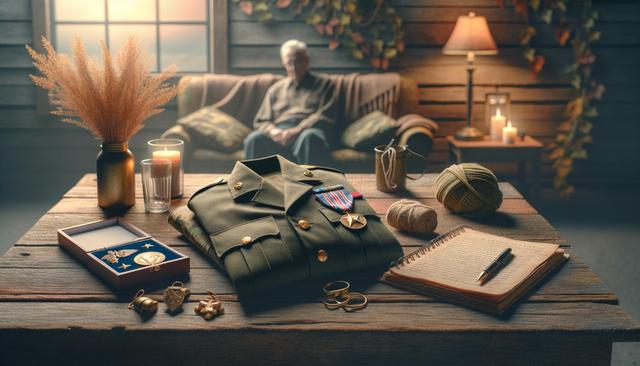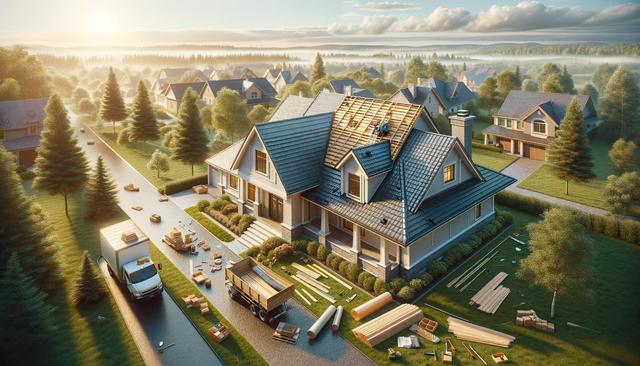
Honoring Senior Veterans: Support, Challenges, and Community Resources
The Unique Experiences of Senior Veterans
Senior veterans often carry with them a lifetime of stories, resilience, and service. Having served in various military conflicts or during periods of national defense, these individuals bring unique perspectives shaped by both their service and the decades that followed. As they age, their needs shift, and recognizing these evolving experiences is essential for providing meaningful support. Many senior veterans face challenges that differ from those of younger veterans, including health complications related to aging, the loss of peers, and the need for long-term care.
Veterans from earlier conflicts may have served during times when post-service support was limited, and as a result, they may not always be aware of the benefits now available to them. These include healthcare services, housing assistance, and community programs specifically designed for elder veterans. Understanding the historical context of their service helps in tailoring programs and care strategies that respect their backgrounds and honor their contributions.
Healthcare Needs and Access
As veterans age, healthcare becomes a central concern. Many senior veterans live with chronic conditions such as heart disease, diabetes, or service-related injuries that require ongoing care. Access to quality healthcare services is vital, and a number of programs are designed to meet this need. However, navigating these services can be complex, especially for those who are not digitally literate or who live in rural areas.
Key healthcare services available to senior veterans include:
- Comprehensive medical examinations and treatment through veteran healthcare systems
- Specialized care for service-related conditions, including mental health support
- Home-based care programs and telehealth options for those with mobility issues
- Access to prescription medications and medical equipment
Ensuring that veterans understand how to access these services is just as important as the care itself. Community outreach, education, and assistance with enrollment can significantly improve outcomes and quality of life for senior veterans.
Social Connections and Combating Isolation
One of the lesser-discussed issues facing senior veterans is social isolation. As friends and family members age or pass away, many veterans find themselves increasingly alone. This isolation can lead to depression, cognitive decline, and physical health issues. Fortunately, there are numerous initiatives focused on keeping senior veterans connected and engaged with their communities.
Social programs that benefit senior veterans include:
- Veteran-focused senior centers and day programs
- Group therapy and peer support groups
- Volunteer opportunities and mentorship programs
- Recreational activities such as sports, arts, and community events
These programs not only foster a sense of belonging but also encourage physical activity and mental stimulation. It’s important for communities to recognize the value of these efforts and ensure they are accessible to all senior veterans, regardless of location or physical ability.
Housing and Long-Term Care Solutions
Housing stability is another key concern for aging veterans. Some may face financial difficulties, while others might require assisted living or long-term care due to health issues. A variety of housing options are available specifically for veterans, ranging from subsidized independent living communities to full-service nursing homes.
Supportive housing solutions include:
- Veteran-exclusive retirement communities
- Assisted living facilities with veteran care programs
- In-home caregiver support and respite care services
- Grants and subsidies for home modifications
It’s essential for senior veterans and their families to plan ahead, understand their options, and make informed decisions based on individual health and financial situations. Organizations that specialize in veteran services can offer valuable guidance through this process.
Resources and Advocacy for Senior Veterans
Numerous organizations and government agencies are dedicated to supporting senior veterans. These entities provide essential services such as legal assistance, benefit navigation, and advocacy. Staying informed about available resources can make a significant difference in the lives of elderly veterans.
Examples of available resources include:
- Benefit counseling and claim assistance
- Financial planning and tax advice tailored to veterans
- Legal aid for housing, healthcare, and end-of-life planning
- Outreach programs for underserved or rural veterans
Advocacy groups also play a crucial role in ensuring that policies and funding continue to meet the needs of senior veterans. By voicing the concerns of this population, they help influence decisions that affect care quality, accessibility, and dignity in aging.


